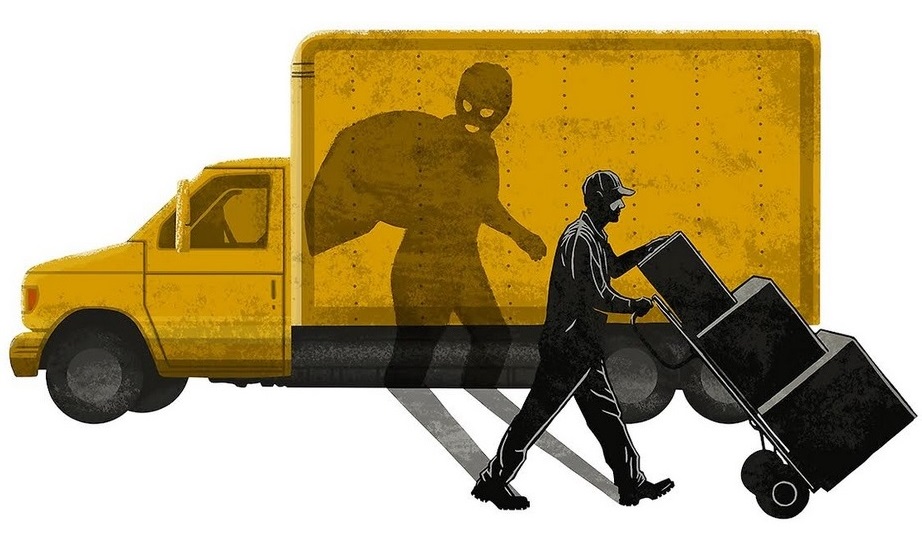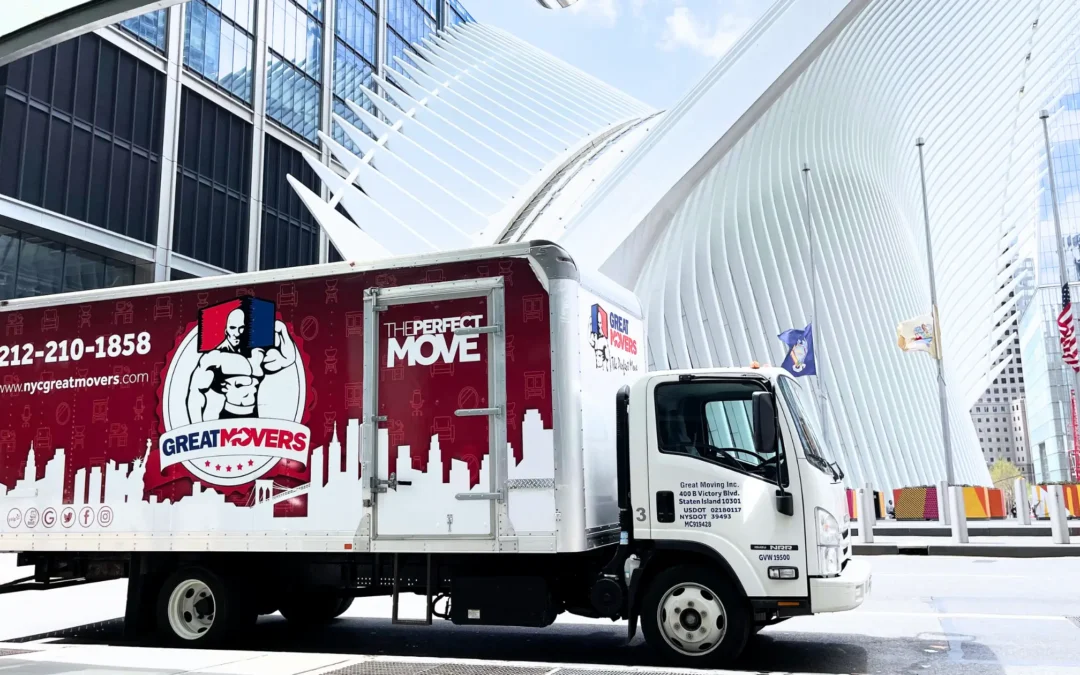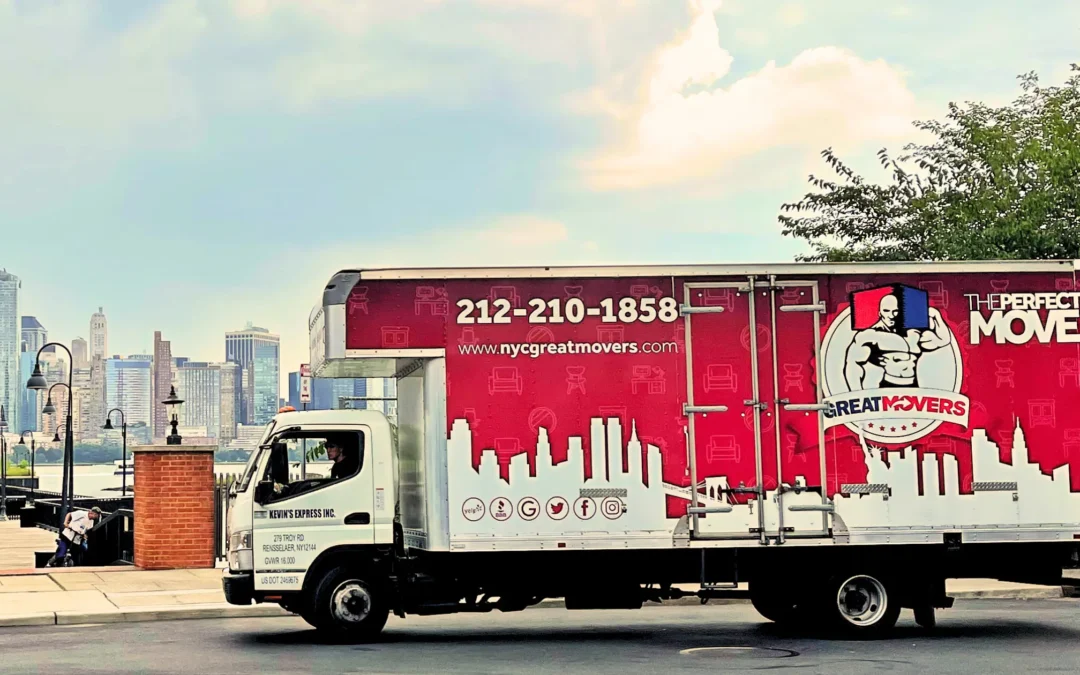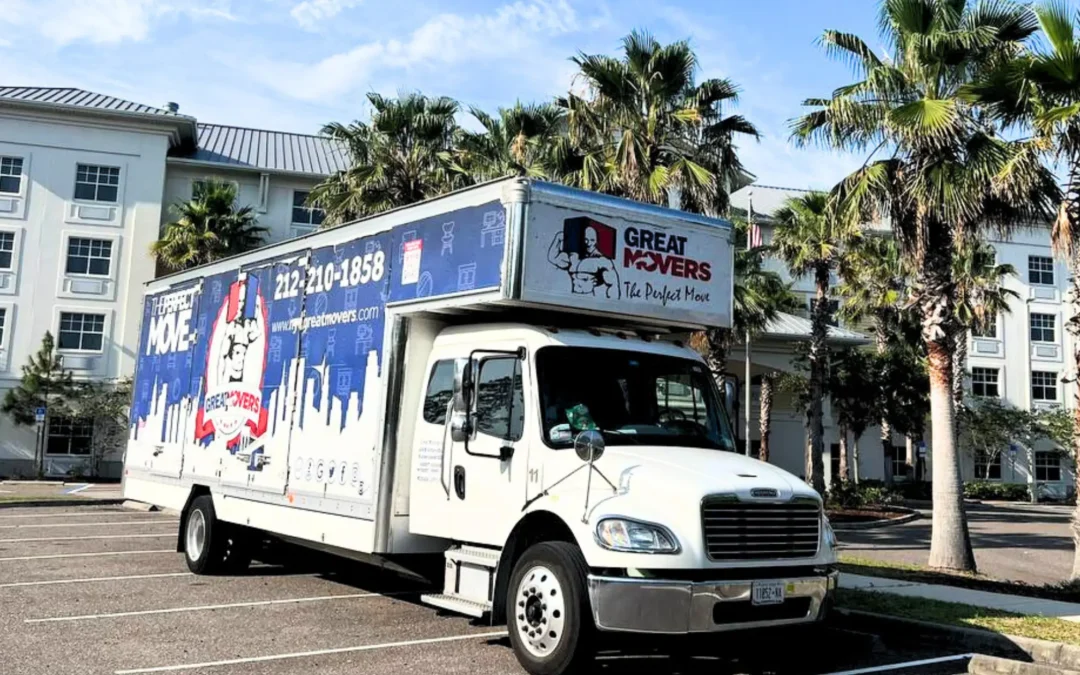Whether you’re changing jobs, upsizing or downsizing your home, or just looking to try out a new location, moving is an ingrained part of American life. The average American moves an average of 11.7 times in their lifetime with younger people moving more frequently. Regardless of your reasons for moving, the actual process can be expensive and stressful. It’s why many people choose to hire professional movers.
Of course, hiring movers isn’t cheap and you might be tempted to go with the most affordable option available. However, there are many risks involved when you hire cheap movers. In some cases, it might end up costing you more in the long run due to a variety of issues. Not convinced? Read below why slashing your budget for movers is a bad idea.
Low-Quality Service
Sure, you’re not guaranteed to get better service just because you pay a lot of money, but that doesn’t mean there isn’t a correlation between quality and price. Trustworthy moving services will always cost more than your standard man with a van. Good movers will pay their crew members a good wage to ensure they are hiring trained professionals who will make sure your belongings don’t get damaged during the move. Cheap movers will likely be inexperienced so they won’t know the proper way to load and unload your belongings. This is especially important if you have a lot of expensive and fragile items. There’s nothing worse than moving into a new place and realizing that a bunch of your plates, furniture, or even electronics are damaged.
It’s not just the moving crew though. When everyone is paid well, they are more invested in making sure the company succeeds. That means you’ll get better customer service during the entire moving process. You’ll even get any issues resolved quickly! More importantly, good movers will be expensive because they follow the appropriate laws and have the necessary licenses and insurances.
If you’re strapped for cash, instead of skimping on movers, you can find other ways to cut costs. That might mean packing everything yourself so the movers just have to load and unload your belongings. Other ways you can save money include:
- Getting free/cheap boxes from stores, friends, family, etc.
- Selling items that you no longer use. You should only sell items that are in usable condition. If you have more expensive items you can try to sell them on eBay to earn some more money.
- Downsizing as much as possible. The less stuff you have to move, the less time it will take the movers
Moving Scams
If moving wasn’t stressful enough, you also need to be on the lookout for scams. As time consuming as it might be, you should always contact around five moving companies to get quotes and ask a series of questions. If you notice one moving company is significantly cheaper than all the rest, take a step back and do some research before you book them. While there’s generally some variation between moving companies, the price shouldn’t fluctuate too much. After all, legitimate moving companies all need to pay the staff, insurance, gas fees, and truck maintenance. If you run into a company whose prices are suspiciously low, it might make sense to cross them off the list.
Of course, you could still be scammed even if you don’t go with the cheapest option. That’s why you should always research the company before signing any paperwork. All legitimate moving companies will have the following:
- A US Department of Transportation number – all moving companies must register with the US Department of Transportation. Some states also require moving companies to have additional state registration.
- Liability insurance – moving companies must have insurance to cover any damages done to buildings as well as worker’s compensation in case one of their crew gets injured on the job
- In-depth information on their website including phone number, address, email, etc.
- Generally positive reviews – a few negative reviews are to be expected, but if reviews are 95% positive, it’s a good sign
You should also call the movers directly to ask questions that their website doesn’t answer. Pay attention to how they answer. If they provide useful and straightforward answers, they probably aren’t a scam company. If they get angry or try to dodge questions, move on.
Hidden Costs
Even if they’re not a total scam company, many cheap movers will try to avoid putting all their fees upfront. This means that you could end up paying significantly more as they might not put it in the initial quote. And don’t forget additional charges if you end up with more boxes than you initially stated. Some companies will charge you an arm and a leg even for one extra box!
Of course, this all depends on the type of move. In general, good local movers will charge a flat hourly rate instead of by weight or load. So one or two extra boxes shouldn’t be an issue. However, you shouldn’t assume. Always ask the movers how they charge and make sure it’s in writing when you get the quote. You should also make sure to ask about any fees such as:
- Long-carry
- Stairs
- Weekend/Holiday upcharges
- Last-minute booking
- Cancellation/Rescheduling
You want to get as much information as possible so you don’t have to deal with the sticker shock after you’ve already loaded everything into the moving truck. It’s not unheard for moving companies to hold onto your belongings until you pay up.
And speaking of extra fees, don’t forget about the tip! In general, you should tip $5 per hour per person. So if the job took 4 hours and you had 3 movers, that’s an extra $60 you need to set aside. While you don’t have to tip movers if they do a poor job, some cheap moving companies might harass or threaten you to give a tip. If that happens, you should call up the moving company customer service and lodge a complaint. You should also call 911 if they seem very aggressive and make sure to file a complaint with the Better Business Bureau and leave a review on sites like Yelp and Google.
Conclusion
While it might seem like a win for your wallet, hiring cheap movers can actually end up costing you more money. Rather than deal with any additional headaches and stress during your move, you should take the time to hire a reputable moving company. Yes, they might cost more, but you won’t have to worry about hidden charges, damaged items, or scams. At the end of the day, you’ll be happy you went for a more professional option.
FAQ
How much does your company charge for moves?
Our rates are based on a few factors. If you move locally, we charge an hourly rate in addition to other fees such as stair fees, travel time, and more. We’ll list everything out clearly on our quote so you won’t be surprised. For long-distance moves, we charge by weight.
How cheap is too cheap?
It’s hard to say, especially as some areas might be cheaper/more expensive than others. Your best bet is to call up several moving companies and compare prices that way. If one is $300+ cheaper than the others, it’s probably not a reputable company.
What are some red flags for a moving company?
If you’ve never worked with a moving company before it can be daunting. However, here are some ways to spot bad movers:
- They push you into signing a contract immediately
- They don’t answer your questions or try to dodge them
- They won’t provide you with their US Department of Transportation Number
- Their website doesn’t list an address or phone number
- They ask for a large upfront deposit
- They can’t provide proof of insurance or if they do, the business name on the insurance doesn’t match the name on the site
- They have very bad reviews






